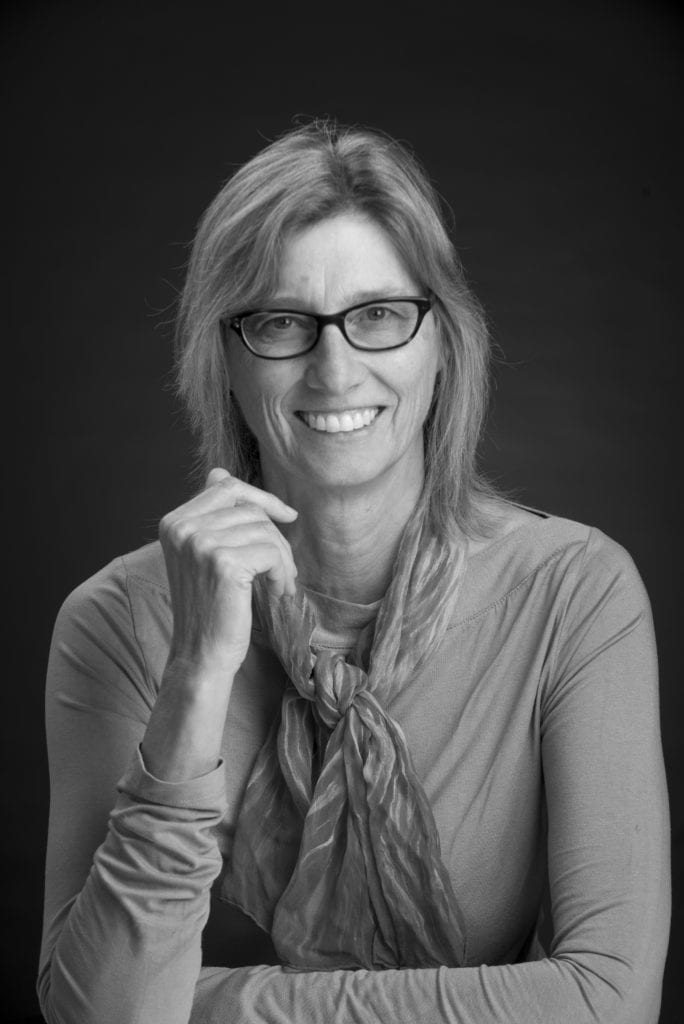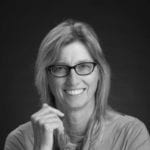
As many scholars can attest, this year’s ASA President Christine Williams is one of the most influential sociologists of the last half century. With almost too-many awards to count, Williams has challenged the discipline to integrate feminist methodologies and has fundamentally shaped how sociologists study gender.
UC Press is proud to call Williams a UC Press author, and has published several of her ground-breaking books, including Inside Toyland, Gender Differences at Work, Still a Man’s World, and Self, Social Structure and Beliefs. With this year’s virtual ASA conference approaching, we interviewed Williams about her perspective on future directions for the discipline, how sociology can better address racial equity internally, and what she’s reading currently.
UC Press: As the current ASA President, with countless awards to your name, you have revolutionized the study of gender and sexuality over your career and often challenged the field to make feminism central to sociological inquiry. Considering today’s world and the current state of Sociology, how can we continue to move the study of gender and power forward?
Christine Williams: What would a society with gender equality look like? Sociologists are terrific at critiquing society. With conceptual tools like intersectionality, hegemonic masculinity, and performativity, we can identify the causes and consequences of gender inequality. What’s missing is a vision of what can replace it.
UC Press: With the pandemic, the murder of George Floyd, and the mainstream awareness of Black Lives Matter and calls to #defundthepolice, 2020 has brought much-needed public conversations about racial justice to the forefront. What is needed to challenge systemic racism and improve equity within the discipline itself?
CW: The key word here is “systemic.” Because sociologists know how to identify the institutional arrangements that perpetuate inequality, sociologists can help to promote systemic change, including in our own discipline. However, different organizations have different inequality regimes, so there is not one thing that can eliminate systemic racism everywhere. For majority white institutions, improving equity means hiring and promoting Black, Latinx, and Native American people. The challenge is to not be gaslighted by programs that sound good but do nothing to increase diversity.
UC Press: You are often cited as an excellent mentor, and have even been awarded the Feminist Mentoring Award. In your experience, what makes a good mentor?
CW: My mentors took me and my ideas seriously when I was just starting out and they gave me opportunities to research, publish, and network. My current graduate students tell me that they appreciate when I do this things for them. They also appreciate the amount of time I spend with them. Mentoring is a lot of work, but it is pretty much the entire point of being a professor.
UC Press: What advice would you give to young sociologists who are just entering the field?
CW: Resist the disciplinary pressures to narrowly specialize. The social world is on fire right now. We need big ideas and bold efforts to figure out what the hell is going on out there. Address questions that people need to understand to make this a better world.
UC Press: What book is on your nightstand right now?
CW: I am reading about the plague in The Great Leveler by Walter Scheidel. Man, is that ever depressing. I’m also reading Susannah Cahalan’s The Great Pretender, Ted Chiang’s Exhalation, and Lewis Carroll’s Alice in Wonderland.
